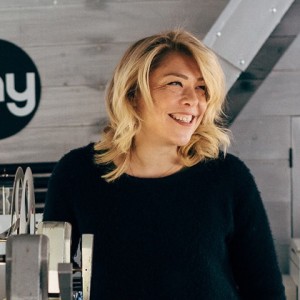Creative people are at a little bit of a disadvantage, weirdly, because we love what we do. We feel lucky to get paid for it and we would probably do it for free.
But there are the realities of life, and while we are privileged to earn a living this way, earn money we must. Sure, we like to make money, but for the most part, we really want to kick ass creatively and yes, making money makes it all better. If we were really focused on making money, we’d probably be doing something else.
If you have a specific budget or range for your product, please tell us. It will make us feel like we’re on the same side (which we desperately want to be) and will avoid protracted negotiations (which can sour the relationship). It will also save everyone time. Some projects are just too small for some creatives, no matter how much they think they might enjoy the work or the relationship — unless you explain that you care passionately about it but don’t have the budget you would like. In that case, we might just do it!
Some potential clients tell us they have no budget in mind, but there’s always a rough number. And in the absence of any guidance, we may approach the project with a proposal that’s way more than you expected. That’s a quick way to kill what could have been a very rewarding collaboration.
Other would-be clients withhold their budget parameters in the hope that we will bid lower than what they have to spend. But most seasoned creatives don’t even want to be the cheapest bidder. Most young creatives, meanwhile, will produce better work if they know you didn’t hire them solely because they came in with the lowest bid.
A young colleague was asked to submit a proposal for a job he really wanted. No budget was given, leaving him agitated about having to make a wild guess. He decided to submit a very low bid — he landed on $5,000 — hoping that after they saw how awesomely talented he was, he could raise his fees on the next project. The next day he got the job, but in reviewing his proposal and the contract the company sent, he realised that in his nervousness, he had accidentally added an extra zero to his fee, making it $50,000 — which the client had agreed to.
Maybe $50,000 was less than they planned on spending and everyone walked away happy, but the fact that this designer had no idea is absurd. And maybe $50,000 was a stretch for them. If they had just given the designer a range, he still could have come in on the low end and saved the client lots of money.
Having some sense of the budget will affect the way we think about the project from the get-go. Starting out with a mystery between us means there’s no way we can be on the same page, which is a terrible way to begin.
Please be up front about money.







